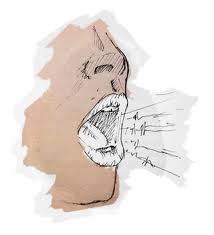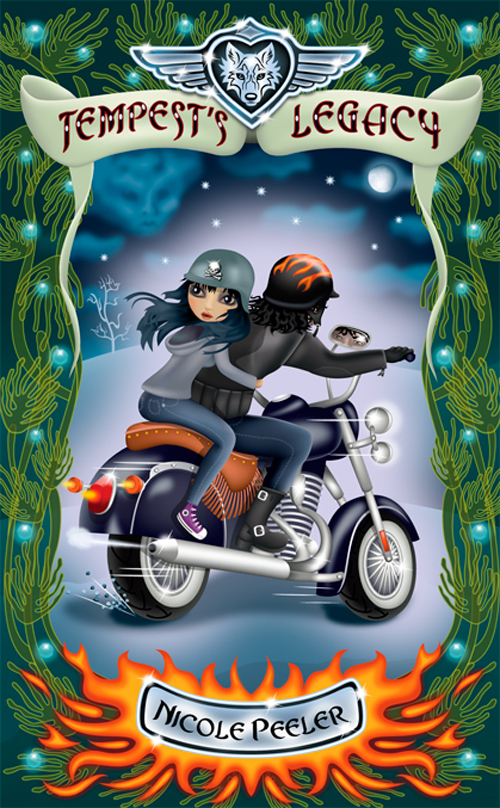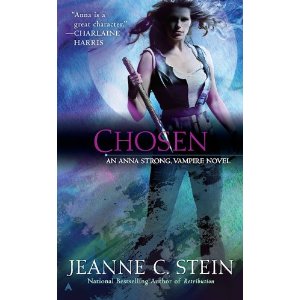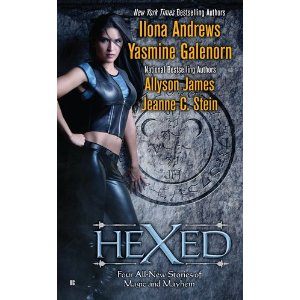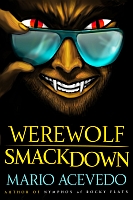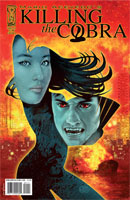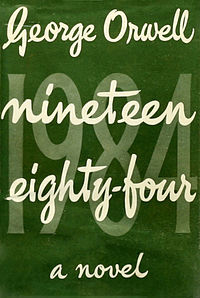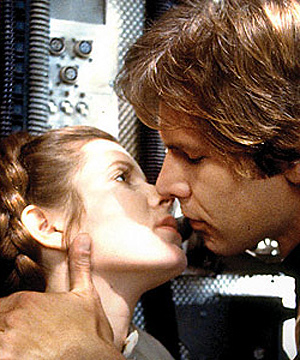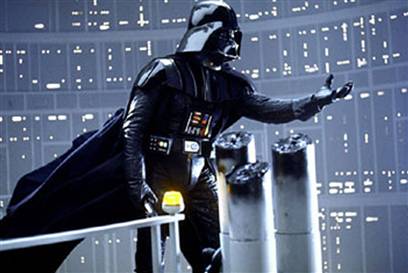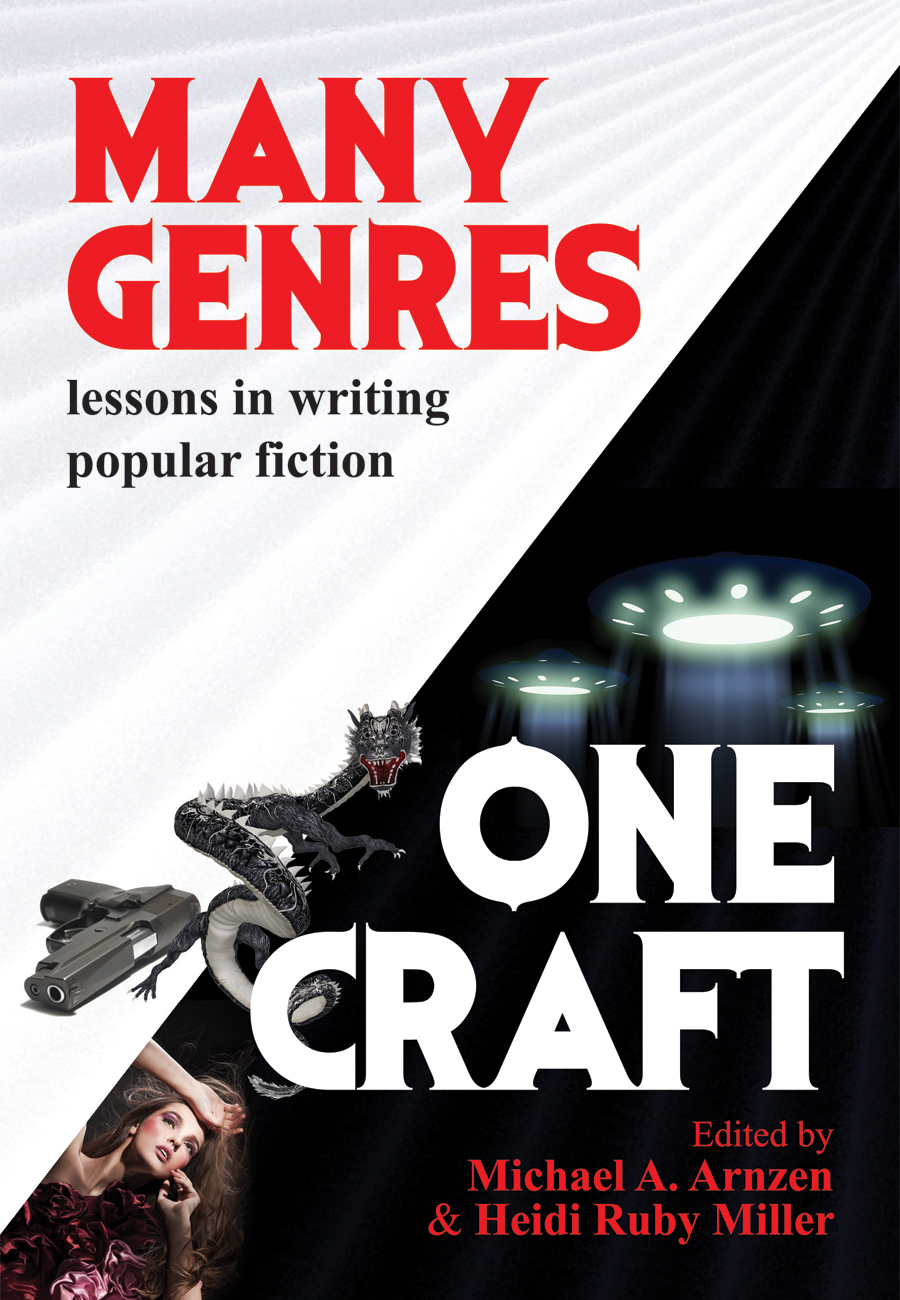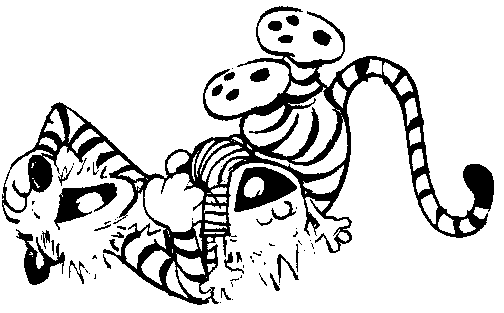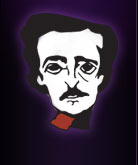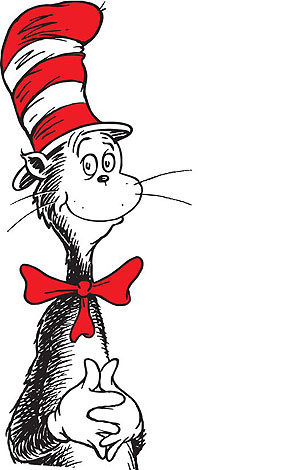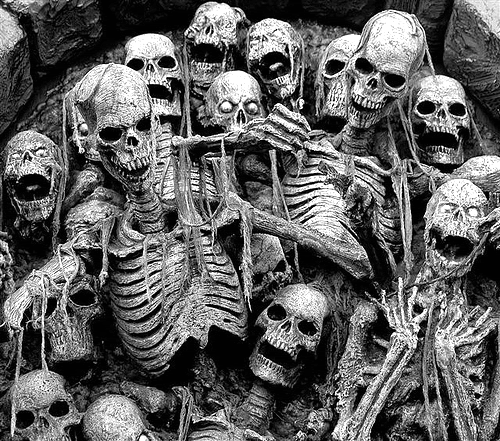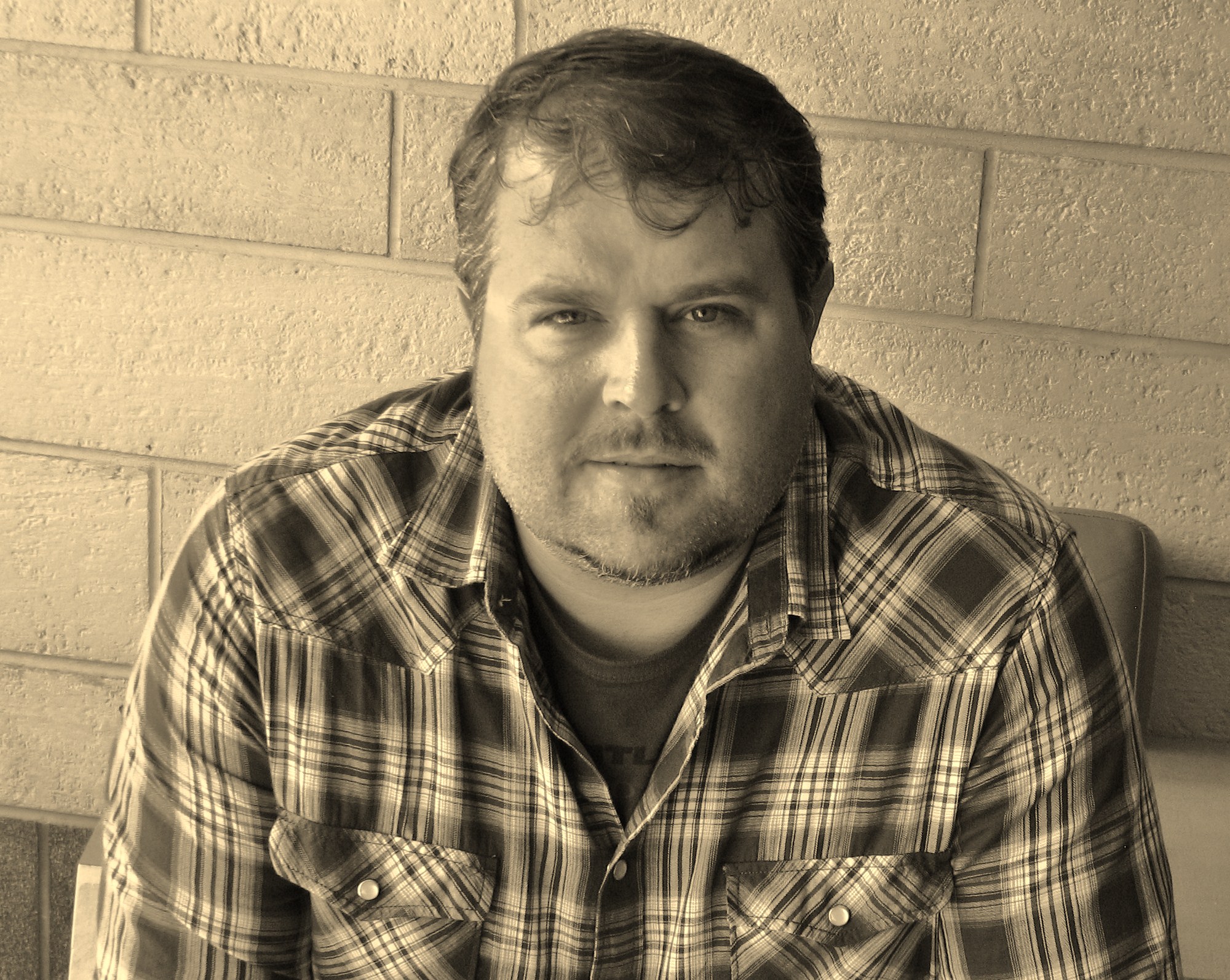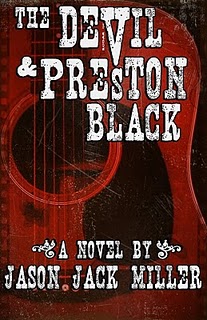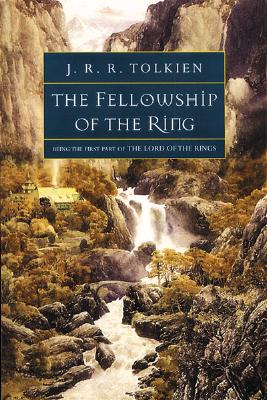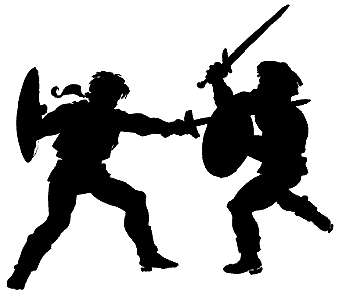Zowie! Congratulations, Nancy!
As a great wrap-up to the month, I asked her if she has any tips for the rest of us. It turns out she does:
Tip 1: Try new things
I was writing romance when I investigated the Seton Hill Writing Popular Fiction MFA Program. Doctor Wendland suggested that I study a different genre to learn new things. So I signed up to write a thriller/mystery for my thesis. This led to my thesis manuscript, Mind Games, a mystery/ thriller which caught the eye of an agent at Folio Lit and they signed me to shop the thesis around.
Wait~ I’m not graduated- how did I get my thesis looked at by an agent?
Tip 2: Keep writing and rewriting and listen for the ideas and critiques that ring true.
I write between two and twenty pages a day. I also spent a couple days every month rewriting and revising the pages my mentor and CP’s critiqued while continuing to write the book. I wrote between semesters. I wrote. I listened. I revised. I wrote.
By the time I got the last critiques on the thesis from my mentor, I was able to make corrections and send the work in full to Folio- who signed me and…sent me revisions. After working with them to create the book they thought would sell best, the thesis was set to go out to editors in January.
It usually takes time for a book to sell, I’ve had editors hold a work for up to 3 years. So …
Tip 3: Once you finish one book, write another. Oh, and write what you know. (I know this seems contrary to try new things.)
A friend of mine noticed that I bake- a lot- and that I eat gluten-free foods due to Celiac Disease. She said, “You know, you should write a Gluten-free bakery mystery.” At the same time my Aunt was looking at knee replacement surgery in January and complaining about being laid up for 6 weeks, and did I have anything she could read? Add to the mix the mystery modules I’d taken at school such as Vicki Thompson’s Building a Mystery World etc. and I thought-okay, I’ll write a cozy mystery about a woman trying to make a go of a gluten-free bakery in the middle of wheat country – small town Kansas. I had a deadline- my aunt’s surgery- so I started writing the day after Thanksgiving- finished the first draft the day after Christmas and revised twice in time to print it out and get it mailed to my aunt for her surgery and off I went to January Residency.
Tip 4: Don’t believe everything you hear. Don’t let fear hold you back. Seek out the person who can help you sell.
At Residency this January, our guest speaker gave an interesting talk about the book market where he said something like this, “The Cozy Mystery market is dead, buried, molding in its grave.” To which I thought, “Of course it is, I just wrote one.” FYI- the first romance novel I sold was a western historical romance when the historical market was dead, buried, molding in its grave.
After hearing this I almost didn’t show the Gluten-Free Cozy to anyone but my aunt. I certainly didn’t tell my mentor about it. I thought the thriller/mystery was enough. But a friend of mine thought I should just see if maybe there might be interest. So I e-mailed an editor at Berkley and asked what she thought of the idea. She said, send me a partial. Except I had an agent who was shopping my thriller- so long story short, Folio has multiple agents and said send them the full. Two days later Paige Wheeler called and said she’d love to shop the cozy and gave me some thoughtful revisions. I spent a couple weeks revising. March 7th I sent in the final revised version. March 20th the book went out to editors. April 5th I got the call that there was a three book deal on the table. After some negotiation, it was a done deal and “Gluten For Punishment” is the working title of the first in a cozy mystery series.
Tip 5: Keep writing
The first cozy won’t be released until late 2012 or early 2013. The thriller/mystery market is much slower to reply so I’m still waiting to hear on the thesis manuscript. Can you guess what the next words out of my agent’s mouth were?
“What else are you writing?”
“Well,” I said, “I’ve got this Steampunk Middle-grade book for boys…”
| Nancy's Bio: Nancy J. Parra is always writing something and happy to discover people like to read what she writes. An award-winning author of sweet western historical romances, and contemporary romantic suspense, she recently sold her first mystery series to Berkley Prime Crime. Nancy is currently at work on her next novel and loves to hear from readers. She lives in the Midwest with her little dog, "Boo Boo." Nancy's blog. | Released June 2011:Counterfeit Bride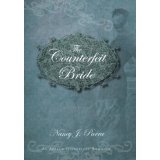 Pre-order from Amazon |

